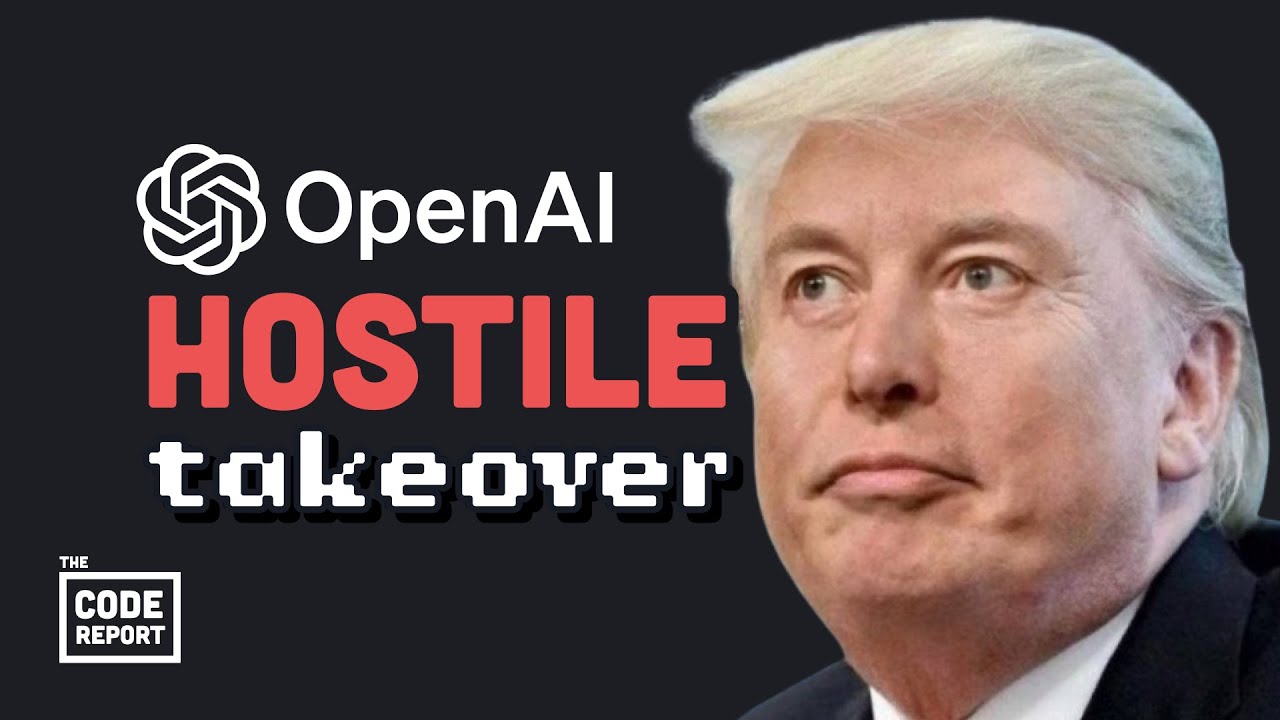Elon Musk has launched a hostile takeover bid for OpenAI, offering $97.4 billion despite the company’s current valuation of $3.7 billion and significant losses, leading to a contentious exchange with CEO Sam Altman. The situation is complicated by OpenAI’s nonprofit structure and Microsoft’s stake in the company, with low odds of Musk’s bid succeeding, but the rivalry between Musk and Altman is expected to have lasting implications for the tech industry.
In a surprising yet anticipated turn of events, Elon Musk has initiated a hostile takeover bid for OpenAI, offering the board $97.4 billion. This offer comes despite OpenAI’s current valuation of only $3.7 billion in revenue and its significant annual losses exceeding $5 billion. OpenAI’s CEO, Sam Altman, has already rejected Musk’s proposal and even countered with an offer to purchase Twitter. Musk’s response included derogatory remarks, labeling Altman as a “swindler” and coining the nickname “Scam Ultman.” This situation has sparked controversy, with some critics referring to Musk as a “financial terrorist.”
Musk’s motivations for the takeover appear to be multifaceted. He has a history of significant contributions to the tech industry, including electric vehicles, space internet, and brain-computer interfaces. However, he views control over artificial intelligence as a crucial element in his quest for global influence. Musk’s previous donations to OpenAI, which began as a nonprofit, have led him to feel a sense of ownership and responsibility regarding its direction, especially as OpenAI transitions to a for-profit model.
The dynamics of the takeover bid are complicated by OpenAI’s structure. Musk’s offer targets the nonprofit aspect of OpenAI, which the organization values at around $40 billion. This valuation creates a dilemma for the board, as accepting Musk’s offer would mean selling the nonprofit’s assets at a premium, potentially hindering OpenAI’s transition to a for-profit entity. The situation is further complicated by Microsoft’s stake in OpenAI, which entitles them to a share of future profits, adding another layer of complexity to the negotiations.
Musk’s intentions are likely not purely altruistic, and Altman is not without his own controversies. The rivalry between the two figures has drawn parallels to historical corporate battles, such as the infamous takeover attempts in the 19th century. Additionally, OpenAI is on the verge of releasing its own chip and has developed a chatbot for government use, indicating that the stakes are high for both parties involved.
Despite the drama surrounding the takeover bid, the likelihood of Musk successfully acquiring OpenAI remains low, with betting markets estimating only a 3% chance of completion. Nevertheless, the ongoing conflict between Musk and Altman is expected to continue, with implications for the future of artificial intelligence and the tech industry as a whole. The situation remains fluid, and observers are keenly watching how this rivalry unfolds.
